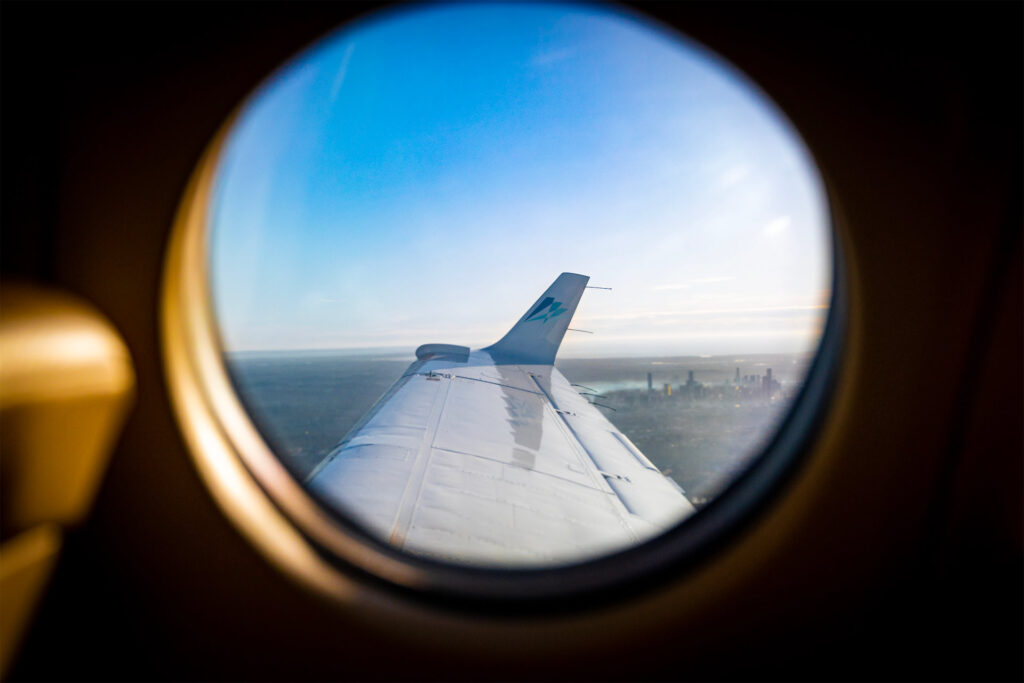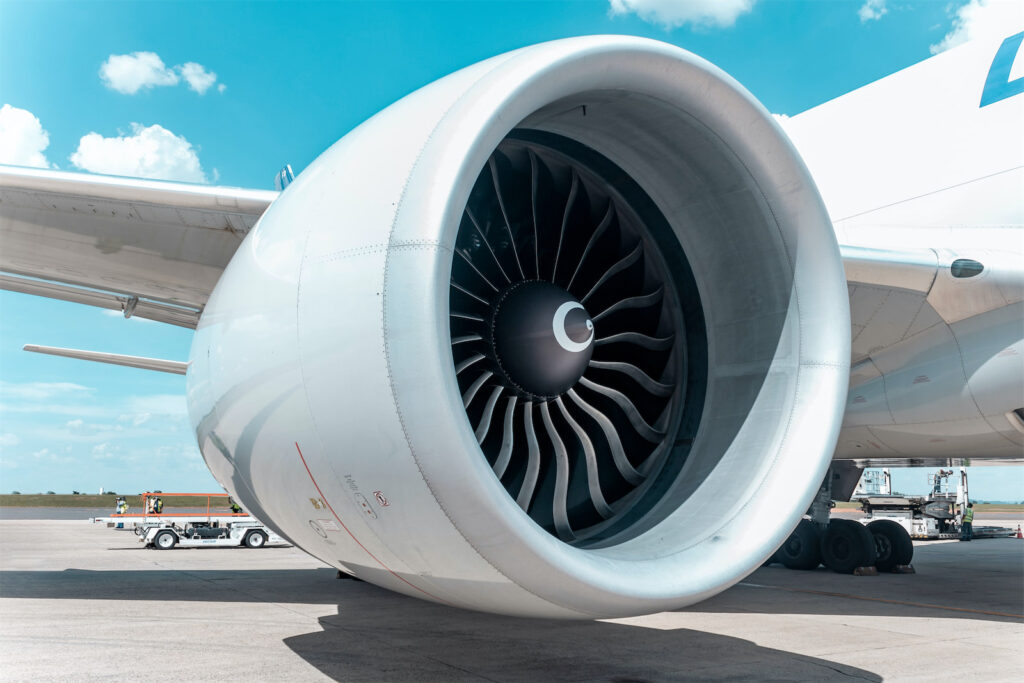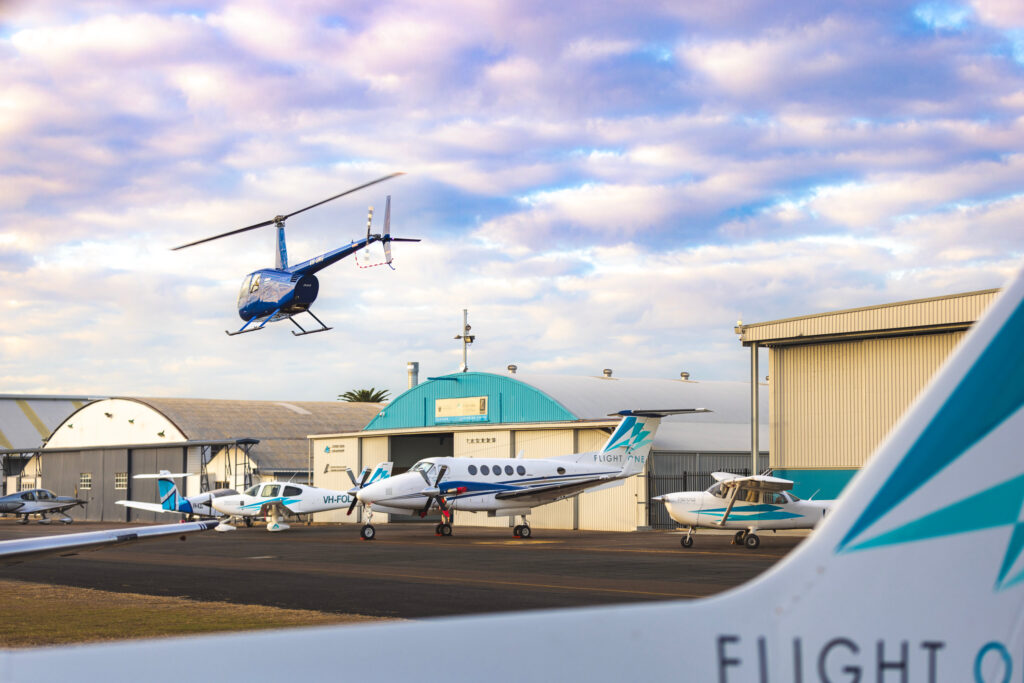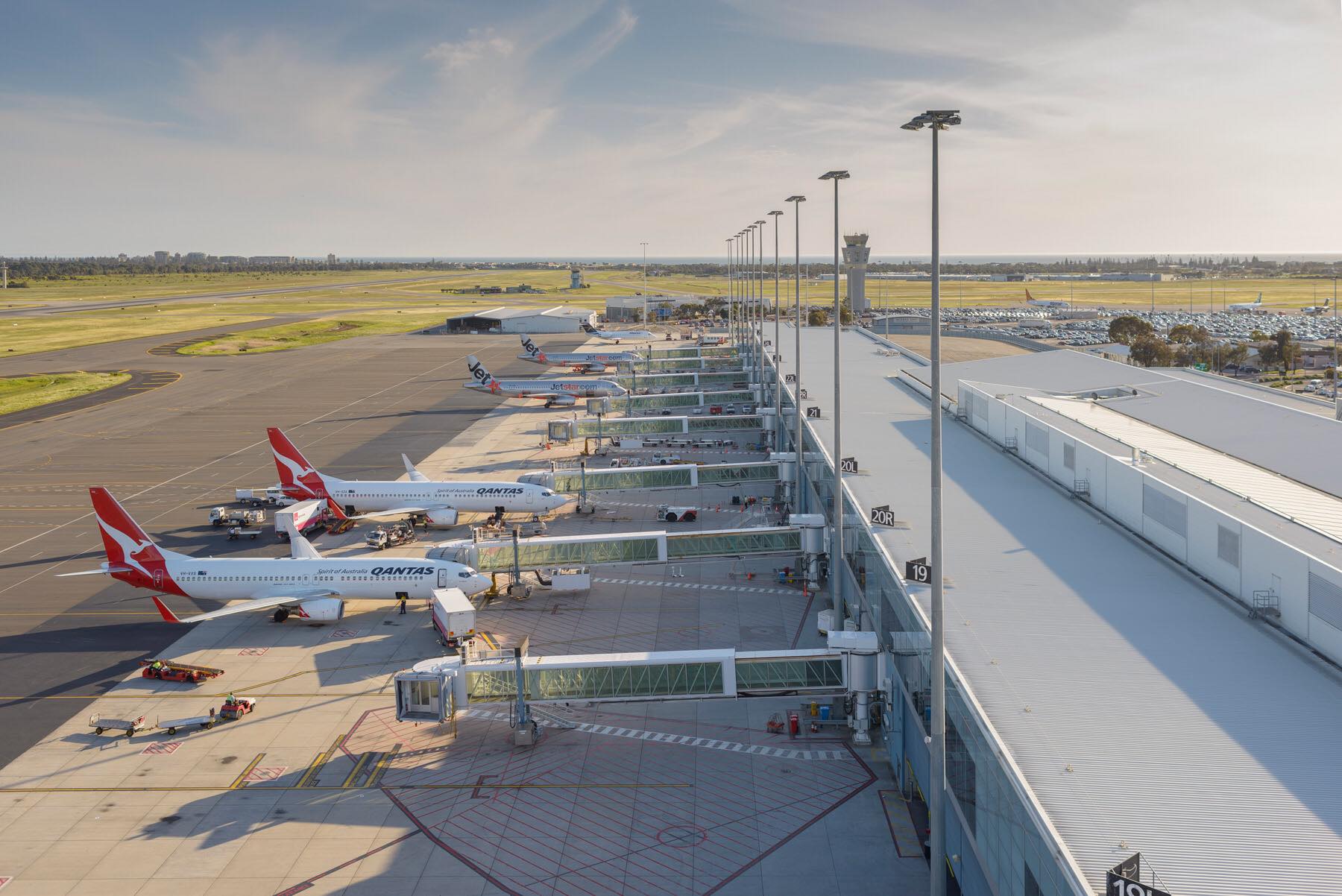Navigating Aviation Medical Requirements for Aspiring Pilots
Navigating Aviation Medical Requirements for Aspiring Pilots
Embarking on a career in aviation necessitates meeting specific medical standards to ensure the safety and well-being of both pilots and passengers. In Australia, the Civil Aviation Safety Authority (CASA) mandates that all pilot trainees obtain an aviation medical certificate prior to commencing their flight training. This article provides a comprehensive overview of the necessary medical certifications and offers guidance for both domestic and international students on how to fulfil these requirements.
Understanding Aviation Medical Certificates
CASA issues different classes of medical certificates, each corresponding to various operational roles within aviation. For individuals pursuing a career as a professional pilot, obtaining a Class 1 Medical Certificate is essential. This certificate is valid for one year and encompasses a thorough medical examination to assess an individual’s fitness to perform commercial pilot duties. Alternatively, a Class 2 Medical Certificate is typically required for private pilot operations and has a longer validity period. It’s important to note that both Class 1 and Class 2 medical examinations must be conducted by a CASA-approved Designated Aviation Medical Examiner (DAME).
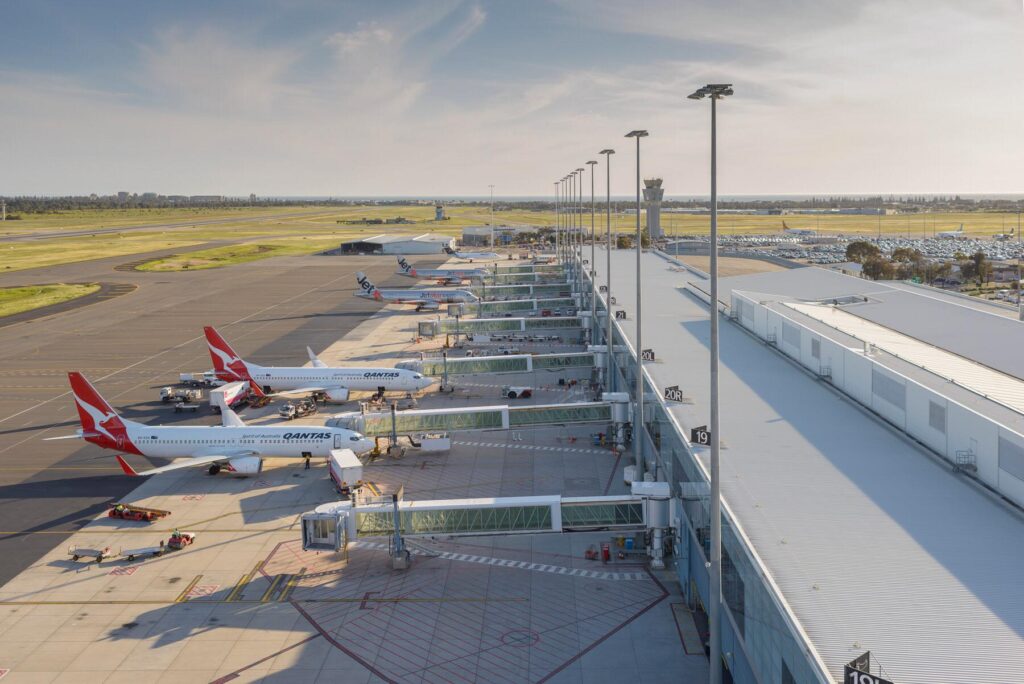
The Examination Process
The medical examination includes assessments of vision, hearing, cardiovascular health, and overall physical and mental well-being. For Class 1 Medical Certificates, additional tests such as an electrocardiogram (ECG) may be required. Given that processing a Class 1 medical can take up to eight weeks, it’s advisable to schedule your examination well in advance to prevent any delays in your training schedule. In contrast, a Class 2 medical can often be issued on the spot by selected doctors designated as ‘DAME2’. To expedite the process, consider completing your examination with a DAME2.
Locating a Designated Aviation Medical Examiner (DAME)
CASA provides a comprehensive directory of DAMEs both within Australia and internationally. This resource enables you to locate an examiner in your vicinity, ensuring that you can complete the necessary medical assessments conveniently. Access the directory here: www.casa.gov.au/search-centre/aviation-medical-contacts?field_tx_dame_types_services%5B%5D=124.
Guidance for International Students
International students aspiring to undertake flight training in Australia can fulfill their medical examination requirements in their home countries. CASA’s network includes approved DAMEs worldwide, allowing you to obtain the necessary medical certification before arriving in Australia. This proactive approach ensures that you meet all medical prerequisites, facilitating a smoother transition into your training program. To find an overseas CASA-approved DAME, utilise the aviation medical contacts directory:
www.casa.gov.au/content-search/medical-and-eye-examiners
Key Takeaways
• Plan Ahead: Schedule your medical examination well before your intended course commencement to accommodate processing times.
• Choose the Appropriate Certificate: Determine whether a Class 1 or Class 2 Medical Certificate aligns with your aviation goals.
• Utilize CASA Resources: Leverage CASA’s directories to find qualified medical examiners locally or internationally.
• Ensure Compliance: Adhere to all medical requirements to maintain eligibility for flight training programs.
By understanding and fulfilling these medical requirements, you take a crucial step toward achieving your dream of becoming a pilot, ensuring both your safety and the safety of others in the aviation environment.
